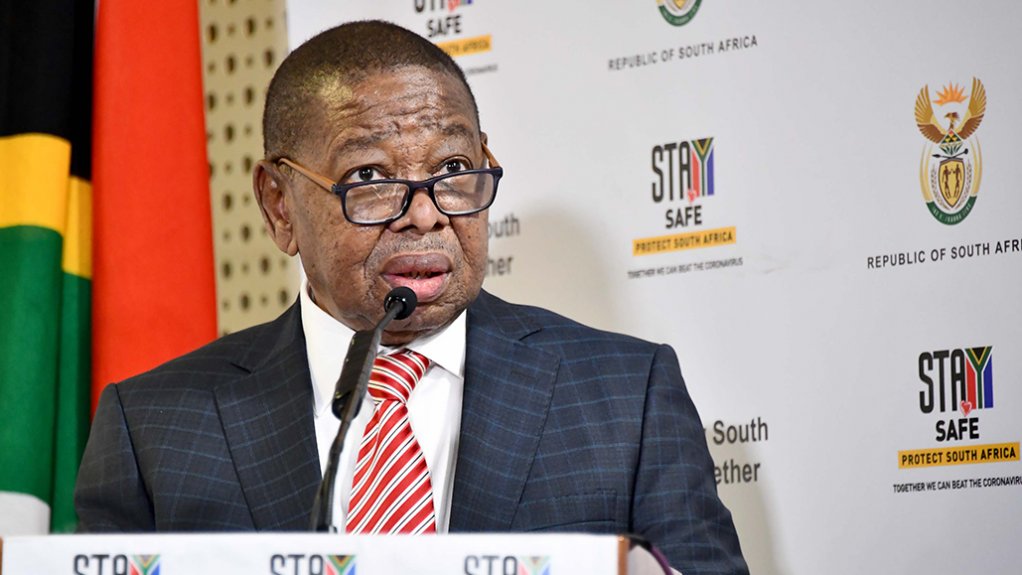The Human Sciences Research Council is in the final stages of preparation for a study that will establish the extent of Covid-19 infection in the general population through two waves of cross-sectional population-based household seroprevalence surveys.
The study will investigate age-specific prevalence, as determined by seropositivity – a positive result in a test of blood serum.
The study will be implemented in all the nine provinces and will target all locality types in urban areas, rural formal and rural informal areas.
This was revealed by Higher Education, Science and Innovation Minister Blade Nzimande during his address on the implementation of measures by the post school education sector in response to the Alert Level 1 of lockdown.
The Department of Science and Innovation (DSI) has converted existing health and demographic surveillance operations at three rural nodes to incorporate Covid-19 telephonic surveillance and case finding.
Nzimande said the operations would cover 300 000 residents in the areas of Bushbuckridge local municipality, in Mpumalanga; Capricorn district municipality, in Limpopo; and Umkhanyakude district municipality, in KwaZulu-Natal.
“The surveillance measures the impact of non-pharmaceutical interventions against Covid-19 on rural households and individual mental health and supports local health authorities in their fight against Covid-19,” he explained.
The department will also undertake wastewater Covid-19 surveillance work at some identified nodal points in Gauteng, as a contribution to an early warning system for Covid-19 resurgence and other emerging pathogens.
VACCINE
The DSI hopes the Covid-19 vaccines will be delivered in early 2021 and Nzimande said the upscaling of the vaccine manufacturing pipeline would require intense collaboration.
“In order for South Africa to be able to secure early access to, and delivery of, safe and effective Covid-19 vaccines and treatments, as soon as they become available, we will be developing and implementing a comprehensive Covid-19 Vaccine Strategy, which amongst others will ensure that there is sufficient supply of a safe and effective vaccine to achieve population immunity to Covid-19,” he said.
With limited vaccine manufacturing capacity around the world, South Africa would have to prioritise its own requirements in the interest of securing access to the vaccine as a matter of national security, Nzimande said.
South Africa will expand the current Biovac operations to produce the drug substance required to act against the Covid-19 virus. Biovac, is a public-private-partnership company formed by government and the private sector in 2003 to produce local vaccines in South Africa and predominantly operates in the downstream part of the vaccine manufacturing value chain with its primary activities geared towards formulation and filling of drug products as well as final product labelling, packaging and distribution.
EMAIL THIS ARTICLE SAVE THIS ARTICLE ARTICLE ENQUIRY
To subscribe email subscriptions@creamermedia.co.za or click here
To advertise email advertising@creamermedia.co.za or click here











